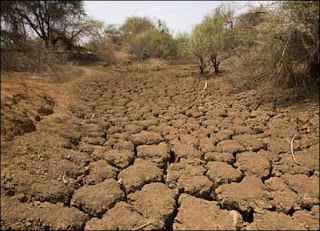Some vegetable prices have been rising sharply this week. Traders have blamed this on arid conditions in Karnataka and Tamil Nadu from where bulk of the produce is imported.
Beans shot up to Rs 48 per kg in the retail markets on Wednesday. Vegetable trader N.H. Shameed said that production of beans had been hit hard by a long dry spell in the neighbouring states, with Tamil Nadu also experiencing protracted spells of power supply disruptions.
This time last year beans were retailing at Rs16 per kg and only a month ago they were lower at Rs 36 per kg.
Mr Shameed said that there was shortage in supply of vegetables generally. Ordinarily, he said, there were 25 deliveries per day, but this had recently shrank to just 20 loads per day.
The dry weather has caused production to drop by between 30 and 40% in some of the traditional vegetable producing areas of Tamil Nadu.
On top of the falling productivity, there was also a large demand from exporters pushing up prices.
However, the situation is expected to change soon as the vegetable season is going to be gathering pace.
Source: www.thehindu.com
Beans shot up to Rs 48 per kg in the retail markets on Wednesday. Vegetable trader N.H. Shameed said that production of beans had been hit hard by a long dry spell in the neighbouring states, with Tamil Nadu also experiencing protracted spells of power supply disruptions.
This time last year beans were retailing at Rs16 per kg and only a month ago they were lower at Rs 36 per kg.
Mr Shameed said that there was shortage in supply of vegetables generally. Ordinarily, he said, there were 25 deliveries per day, but this had recently shrank to just 20 loads per day.
The dry weather has caused production to drop by between 30 and 40% in some of the traditional vegetable producing areas of Tamil Nadu.
On top of the falling productivity, there was also a large demand from exporters pushing up prices.
However, the situation is expected to change soon as the vegetable season is going to be gathering pace.
Source: www.thehindu.com





































